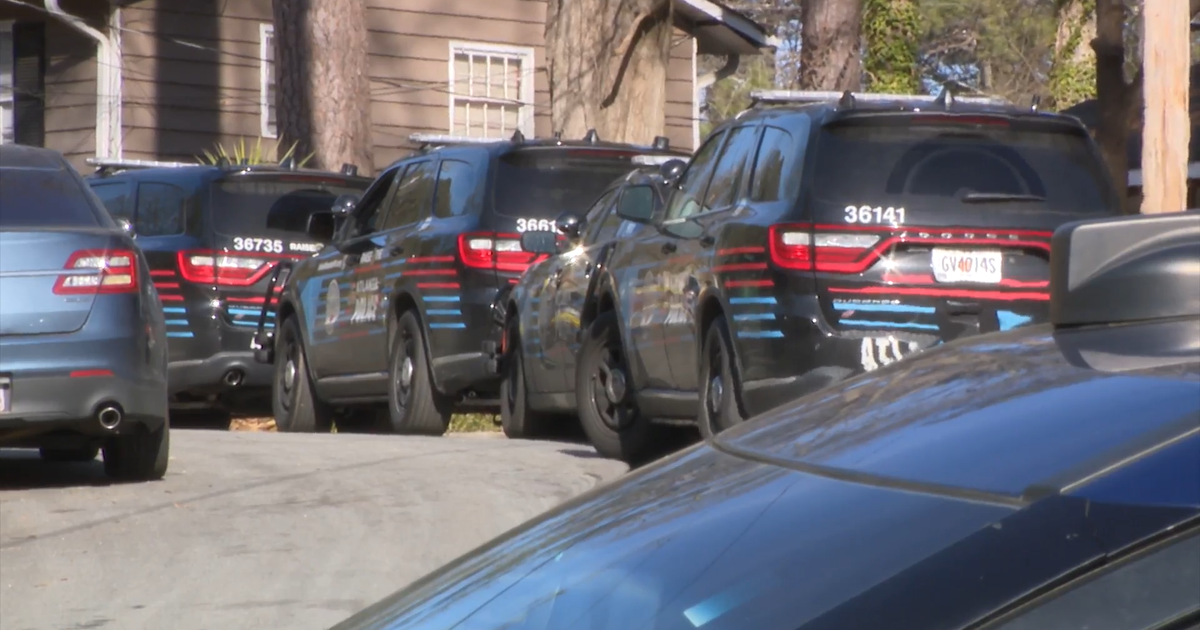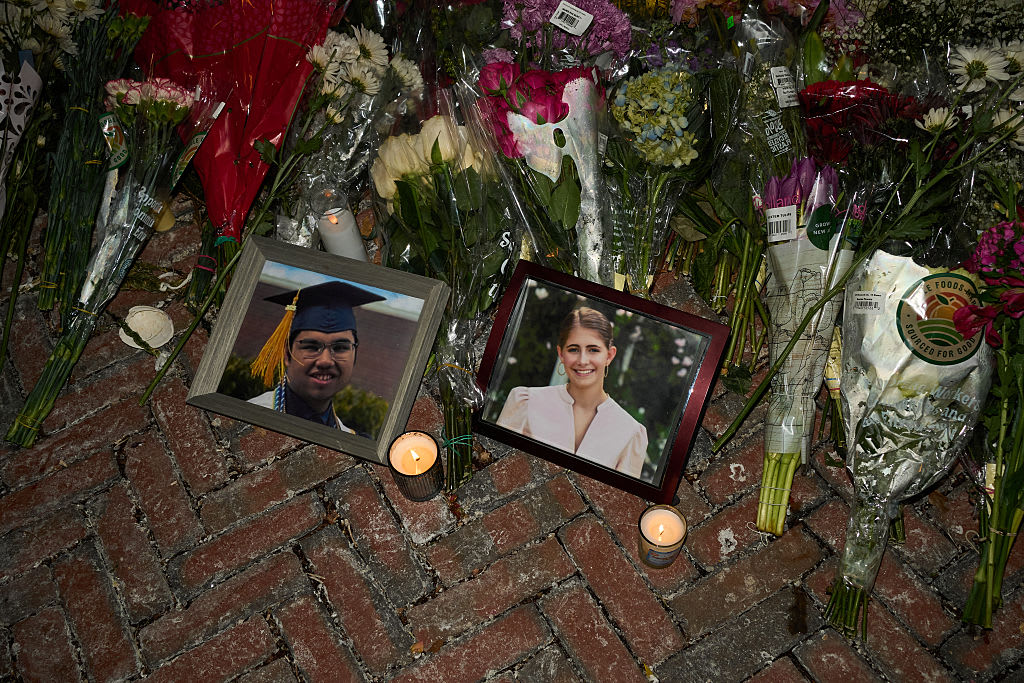AIG Credit Swapper Under Investigation
As recently as 2007, a discreet office in the heart of London made a vast fortune for insurance giant AIG.
The man who ran it, 54-year-old American Joseph Cassano, and his team at AIG Financial Products were selling a financial instrument called credit default swaps.
In simplest terms, reports CBS News correspondent Elizabeth Palmer, Cassano and AIG Financial Services sold big banks and brokerage firms insurance against their investments dropping in value.
Now he -- and those deals -- are being blamed for AIG's collapse.
"It's the credit default swap people that really, and that was a very small number of folks, very small number of trades, they're the ones that brought our company to our knees," said AIG CEO Edward Liddy in testimony to the House Financial Service Committee on Wednesday.
It was a goldmine when times were good, and it just seemed to get better. In 1999, revenues were $737 million. By 2005 they were up to $3 billion.
The average pay in the unit was more than $1 million a year per employee, and Cassano earned more than $280 million in 7 years. Even when the markets began to weaken, Palmer reports, Cassano's confidence didn't.
"It's hard for us, and, without being flippant, to even see a scenario within any kind of realm of reason that would see us losing $1 in any of those transactions," Cassano told an analyst.
But only two months later, with the real estate market weakening, AIG announced a $352 million loss on the credit swaps, and that was only the beginning.
Suddenly the company was on the hook to pay out billions it didn't have.
Although he was forced to retire a year ago, AIG allowed Joseph Cassano to keep living in the company's luxurious London house, and apart from a multi-million dollar severance agreement, gave him a nine-month consulting contract for $1 million a month.
As rage builds over AIG's compensation packages, it's no surprise Cassano is keeping a very low profile.
Palmer recently went to the AIG mansion where Cassano stays, but he refused to be interviewed.
"I don't want to talk to anyone right now," he said.
U.S. regulators and the British Serious Fraud office are now investigating Cassano's dealings to determine whether they were just excessive and risky, or criminal.
By Elizabeth Palmer




